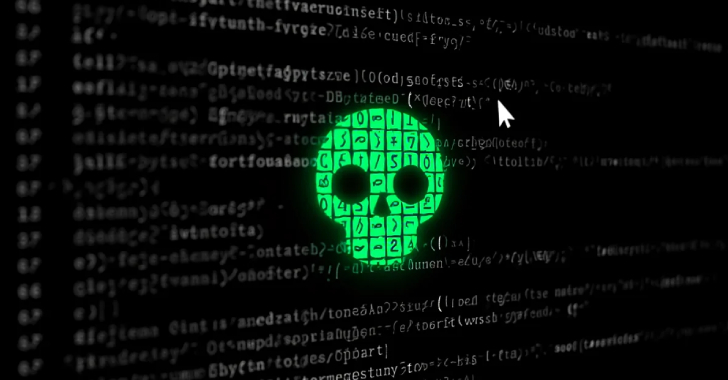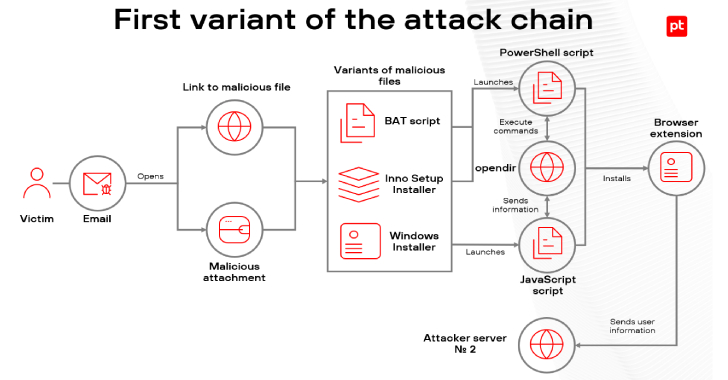Popular video-sharing social network TikTok has officially gone dark in the United States, as a federal ban on the app comes into effect on January 19, 2025.
“We regret that a U.S. law banning TikTok will take effect on January 19 and force us to make our services temporarily unavailable,” the company said in a pop-up message. “We’re working to restore our service in the U.S. as soon as possible





